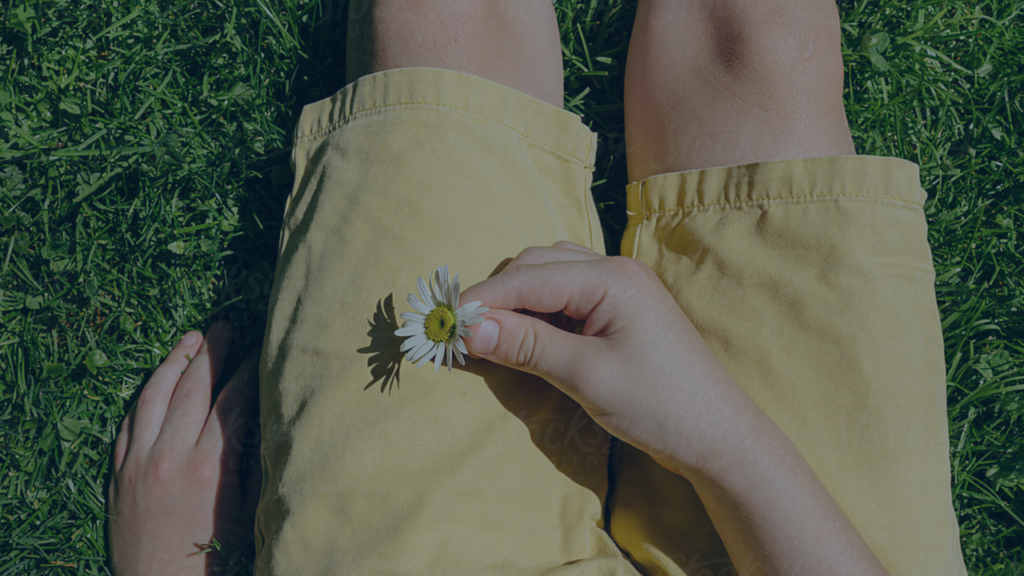
Dear colleagues and friends,
I was on a telehealth Zoom call with a client last Tuesday afternoon when she asked, “Dr. Amy, did you hear what happened today?” I had not, having been busy in meetings all day. She began recounting details she had heard so far. At that time, 17 children and 1 teacher were dead. We would later find out that 19 children and 2 teachers perished in a senseless, murderous act. This type of incident happens often to healthcare professionals – we learn of news from our patients or clients and find ourselves processing with them while reconciling the information ourselves. As I helped my college-aged client process her own grief and despair, I wondered, “Are my kids ok?” “Did they hear the news yet?” “Are they scared?” and then, “Dear God. Dead children. Again.”
I was in graduate school working at an Indianapolis Public School when the Columbine High School murders took place. The day after the incident, metal detectors were installed at the high school I was assigned to; but nothing could have prepared me or the children I worked with for the worry and confusion they faced. That was 1999. 23 years later, I watched the news as faces of 10 & 11 year-olds scrolled on the screen along with their teachers.
What did I do the rest of the afternoon? the only thing I know how. I continued to support my clients, one at a time, then a group of parents for our weekly parenting group. I didn’t have much time to process my own feelings, but when I did, I felt numb, helpless, sad and angry. I worked on a handout for parents and professionals to help them understand how to talk to children in the aftermath of violence. I re-posted the National Association of School Psychologists’ one page handout on responding to school violence. Again. How many time had I posted this? How many times have I talked with parents and professionals about developmentally appropriate ways to talk to children about unmentionable tragedies? Too many.
Wednesday, more clients processing trauma and trying to understand our world. Then, I taught an ECHO meeting for medical professionals. I offered to meet with them before and after our regular session, should they have questions about childhood trauma or ways to talk to parents, children, or take care of themselves. It was the only thing I could offer while feelings utterly helpless. I tried to remind them:
- Focus on purpose
- Find connection
- Limit media
- Eat. Drink. Rest.
- Know that your actions matter
- Validate all feelings
To be honest, not much during the past 2 and a half years has broken me. I truly feel that I’ve had the honor of helping many professionals process a completely unpredictable world of COVID in healthcare and various other organizations. I compassionately listen and find words to heal the compounding stressors related to it – murders, racism, fires, loss, elections – so many additive stressors that people were enduring ON TOP OF a global pandemic. Together, with so many professionals, we have tried to make sense of our world – listening, crying, compassionately caring, and simply being present for so much grief.
But Tuesday, something in me closed off and shut down. By Wednesday afternoon, I reached out to my husband after teaching. I realized that after more than 24 hours of pushing through a tragedy, trying to make sense of it so that others could make sense of it, I was utterly exhausted. In a tired voice, I said, “I’m not ok.” I forwarded my emails, closed my laptop, and went to bed at 2:30 in the afternoon. I slept for over an hour. My husband was home by 4 pm and sat in the sun on our patio with me and listened.
I cried for the moms and dads and families who would never see their children again.
I cried for the teachers who hovered over terrified children.
I cried for the dead children and I cried for the children who lost classmates, brothers, sisters and friends.
I cried for the first responders.
I cried for the first responders.
I cried for the hospital workers delivering horrible news.
I cried for the school staff triaging the chaos.
I cried.
And then, I did the only next thing I could do. I tried to take my own advice – I rested. I ordered take-out. I turned off the news. I answered my children’s questions. I talked with friends. And on Thursday, I did the next thing I could do: I continued to work on my book about childhood trauma, adversity and resilience. Because that gives me a sense of purpose. It’s the work I will continue to do – to help others understand how trauma affects children and what to do to strengthen children and families despite tragedy.
I hope you know if this week broke you, you’re not alone. Together, let’s take one next step. Not the right step, just that next step that feels ok to you. Tell someone if you’re overwhelmed. Ask for help. You’re not weak – you’re human. We’ve all had moments, especially. since the beginning of 2020, that have been unbearable.
But, when we’re connected and in a community, we are not alone. I share that so that you know that you’re not alone.
And in other news, not so small news I might add, I’m continuing on a path to purpose. With that, I’ll be launching a podcast this summer focused on ways to respond to trauma and build resilience in primary care. I hope you’ll join with me on this journey. More to come.
With Compassion,
Dr. Amy